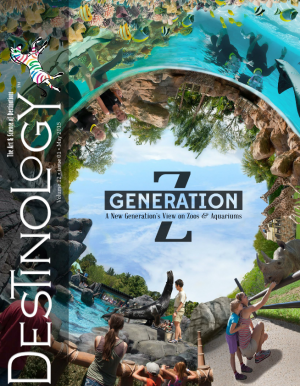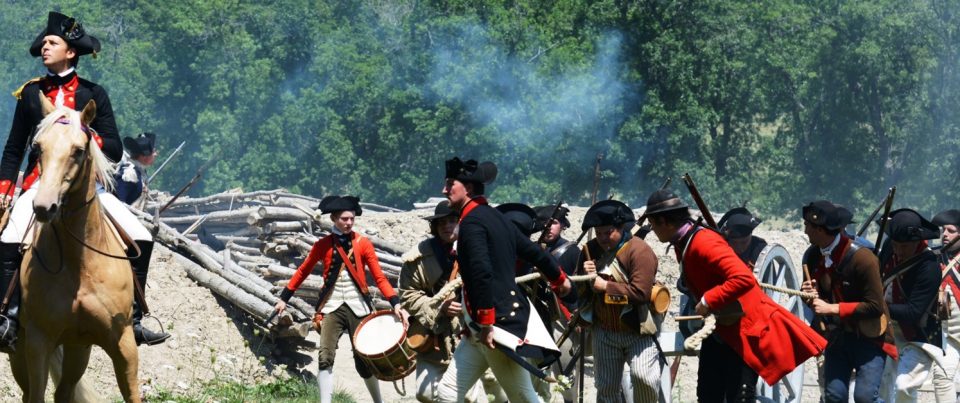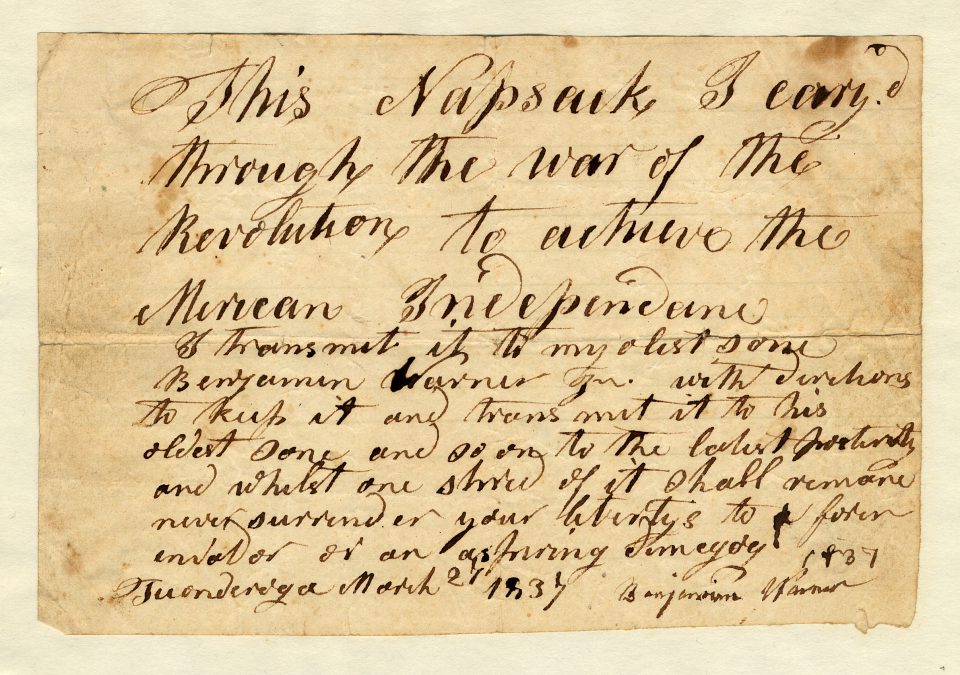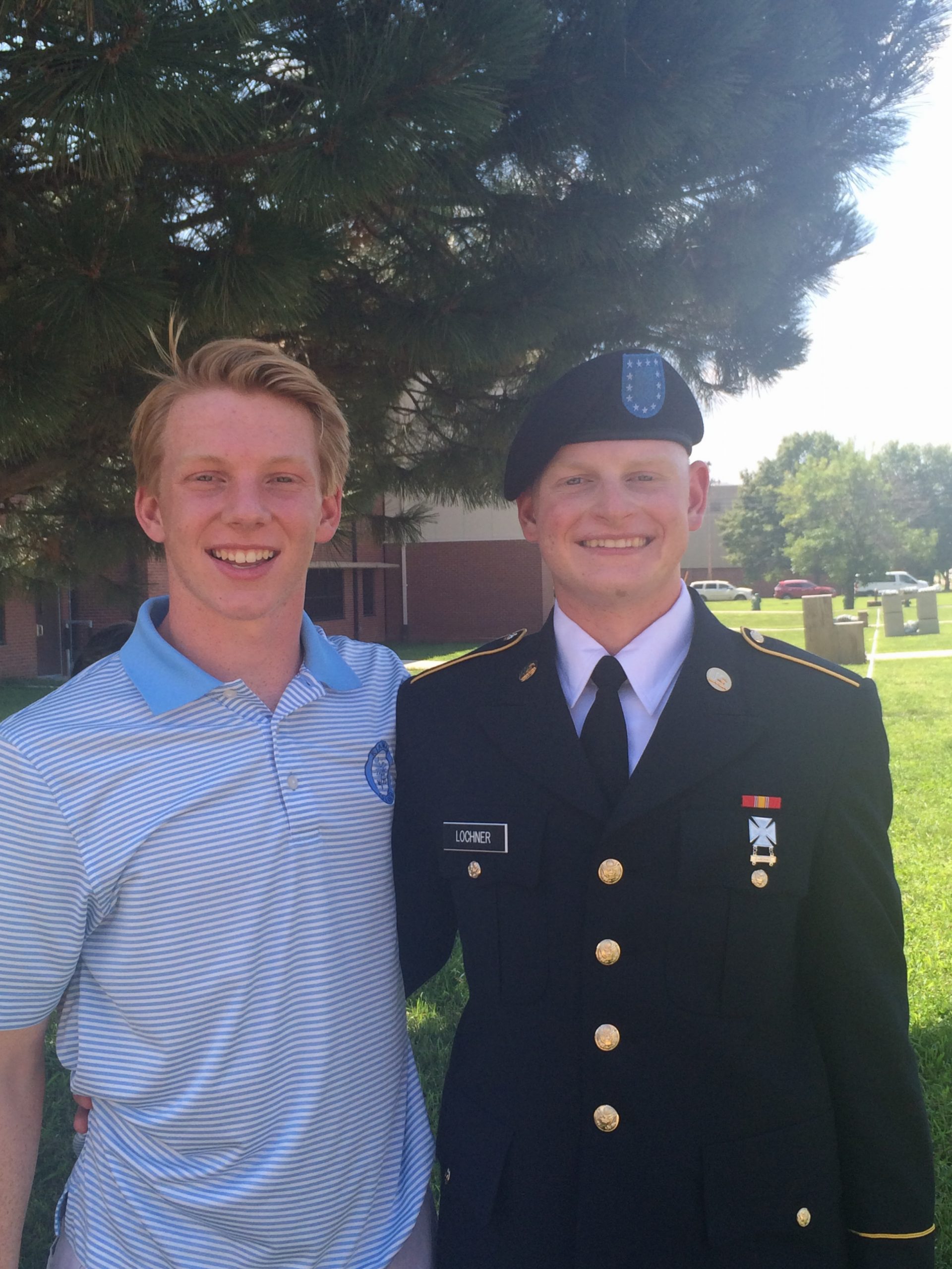Lessons from Letters
Recently my family went through an interesting scenario: my son joined the Army Reserves. He shipped out at the end of May for his Basic Combat Training (BCT) at Fort Leonard Wood. It’s something he has wanted to do since he was a young boy; but It was challenging for him and for us. The real learning for all of us came from how we would keep in touch throughout his training. For ten weeks we communicated with him via U.S. Postal Service. All written letters. For the first time in as long as I can remember, I had to buy stamps again.
 The vast majority of our correspondence prior to Basic Training with our son was via iPhone, calls, texts, emails, and little notes on his napkin for his sack lunch. This young man, you must remember, is a member of Generation Z, one of the most social and digitally-connected generations in history. (Destinology, May 2015) Although we did try to postpone the cell phone purchase for him as long as possible, it has and continues to be the center of his communication M.O. for a good six years. The extent of his letter writing was the occasional thank you note we encouraged him to write for birthday and Christmas gifts. He would rather text his ‘thank you.’
The vast majority of our correspondence prior to Basic Training with our son was via iPhone, calls, texts, emails, and little notes on his napkin for his sack lunch. This young man, you must remember, is a member of Generation Z, one of the most social and digitally-connected generations in history. (Destinology, May 2015) Although we did try to postpone the cell phone purchase for him as long as possible, it has and continues to be the center of his communication M.O. for a good six years. The extent of his letter writing was the occasional thank you note we encouraged him to write for birthday and Christmas gifts. He would rather text his ‘thank you.’
All of this has caused me to consider the emotional impact, anticipation surrounding, and importance of these letters. While waiting to receive the precious information and writing as often as possible, and still not getting confirmation or a response for many days, generated in me a new kind of anxiety and worry. I soon realized that my son had all the same feelings, hoping that each day he would have a letter from us, giving him a window into the current events outside of BCT.
“Did you get the mail today? Any letters?” I’d ask my husband day after day.

It has given me new perspective into the power of the written letter. At a recent meeting with a client of ours, Fort Ticonderoga, we were discussing how they know what they know about the significant events of 1776. How do we know that Fort Ticonderoga played a crucial role in our independence?
Simply put: from the letters.
Much of the information is revealed through the many letters written by the soldiers to family members and from officers to commanders. This is the record of the anticipation, the anxiety, and the activities at the Fort in the late 1700s. This is how they know, and thus how we know.

The staff recall these letters with great accuracy, quoting significant phrases and relaying the importance of the words on these pieces of paper. They add emotion and inflection as if they are living these letters, these words penned in ink more than 200 years ago. It is the window into the events that won our independence. It’s powerful information that we can use to interpret this time in history at this great site: Ticonderoga.
These letters are instruments of knowledge and insight. While I don’t claim that our letters to our son or his to us are in the same category of significance as Ticonderoga’s, it reminded me that we will look back on these precious pieces of paper to talk about the events that occurred in the summer of 2016. It is the tangible reminder of our ten weeks apart in an age of minimal and disappearing tangible correspondence. And it will make a lovely book, this collection of letters, that we can remember, revisit, reread, and share with our current and future family members. It is all an important reminder of the strength of the written letter.


